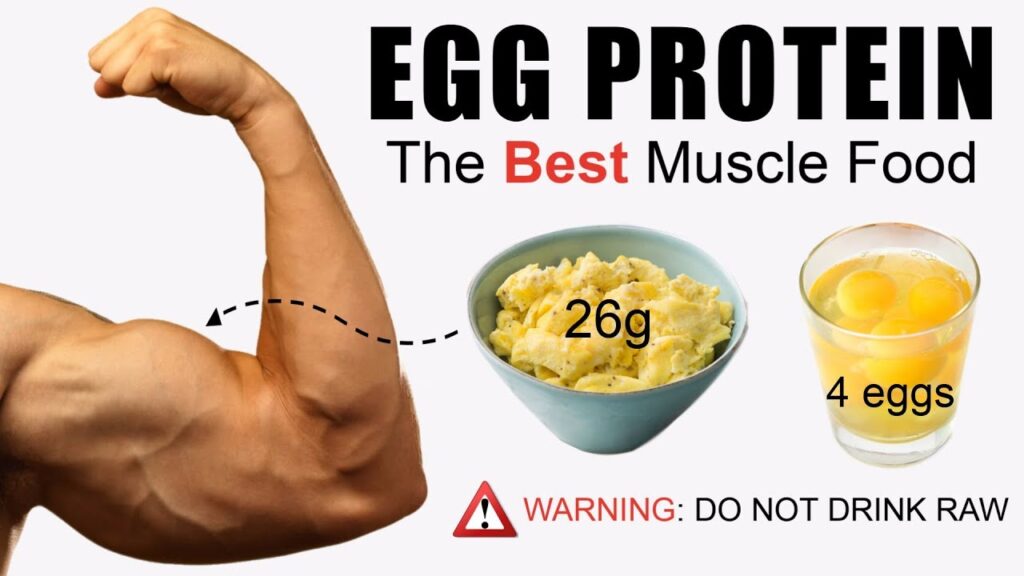Q: I’m eating about four eggs a day, mainly in my protein drinks. With all the hype about cholesterol in eggs, is it safe for me to be doing this?
A: The egg is truly an amazing food. Your average chicken egg contains 6 grams of protein (including all the essential amino acids) making it an invaluable resource for bodybuilders. Eggs are also high in vitamins A, E and K, as well as a range of B vitamins including B-12, riboflavin and folic acid. Egg yolks are also one of the few foods that naturally contain vitamin D. As far as fat goes, the white of the egg contains no fat whatsoever. The yolk, on the other hand, contains about 5 grams of fat. Yet, less than a third of this is saturated fat. Of course, eggs also contain cholesterol and it is this factor that has led many people to shun them. Recent scientific study, however, suggests that this is not warranted.
There are two types of cholesterol: dietary cholesterol found in foods and serum cholesterol contained in our blood. Rather than being converted from food cholesterol, serum cholesterol is predominantly manufactured by the body. This cholesterol type can be further divided into HDL (high-density lipoprotein) and LDL (low-density lipoprotein). HDL is the good guy because it is easily transported to the liver for removal from the bloodstream. LDL, however, is the bad guy because it has a tendency to stick to artery walls. Clearly, then the more HDL in your body, the better. Now, the prevailing wisdom used to be that egg yolks would increase the amounts of LDLs in the blood stream. That was until recent studies such as one conducted at the University of Arizona, which analyzed 224 dietary studies, conducted over the previous quarter century, which had investigated the relationship between diet and blood cholesterol levels. These studies revealed that factors contributing to increased blood cholesterol levels were smoking, lack of exercise, genetics, obesity and consumption of saturated fats. Dietary cholesterol was not listed as a factor. Other studies have revealed that dietary cholesterol does not contribute to serum cholesterol levels. It is the saturated fat that is the culprit. And remember that the egg contains just 1.6 grams of saturated fat.
When it comes to choosing eggs, reach for those that come from free-range chickens. Not only is this an ethically sound move, it also makes good bodybuilding sense. Chickens that are fed on grass are likely to have higher levels of omega 3 fatty acids (up to 20 times higher than barn raised hens).
When it comes to the best way to eat your eggs, it pays to cook them in some form in order to avoid the risk of salmonella poisoning. You can scramble, boil, microwave, fry, bake or steam them. Your eggs should be stored in their cartons rather than in the refrigerator because it is easy for them to absorb odors from others foods in your fridge. Don’t worry about blood spots on the egg yolk. These are actually an indicator that the egg is fresh (it is a result of a ruptured vein during the egg’s formation). Finally here’s an invaluable tip to determine if an egg is raw or hard cooked; Spin the egg on the table top. If it spins, the egg is hard boiled, if it wobbles, then it’s raw.

